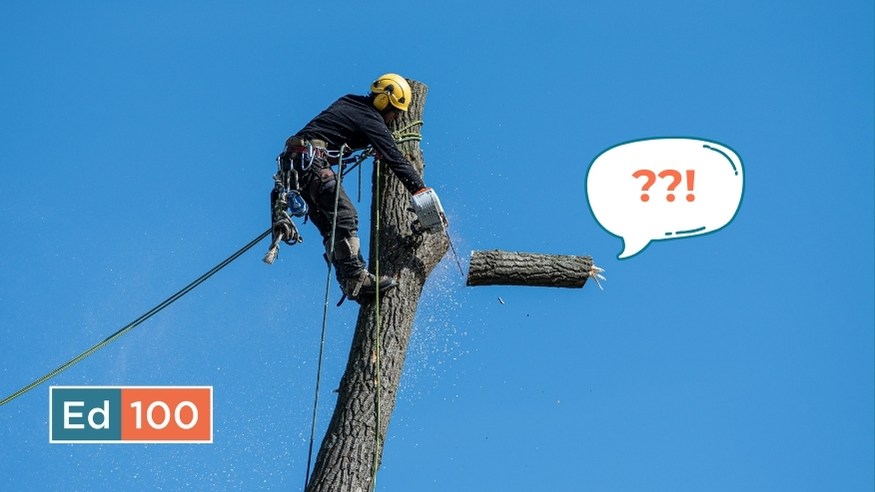Patriotic Education

Schools and national identity
Each July 4, we celebrate America’s audacious declaration of independence from the British crown. In picnics, rallies, and parades, we ritually confirm the symbols of our national identity, only sometimes pausing to appreciate how that identity has evolved and broadened beyond its origin story.
What does it mean to be American?
America remembers itself on this day as a great nation with an inspiring and expanding vision. We are one, woven from many — a nation of immigrants and underdogs from the get-go. What unites us is not allegiance to a crown or creed, but to democratic principles expressed in our constitution. Our greatness as a nation springs from shared ideals.
Universal public education was not mentioned in our founding documents, but it plays an essential role in America’s unity and vitality. Education is a tremendous investment, and one of the major functions of taxation. Day by day, school by school, teacher by teacher, we invest in the future of each and every young person. With each generation, we have built a thriving democratic republic, striving toward a more perfect union that includes and supports everyone.
The great question now is whether this can be sustained. Political forces are rushing to undermine public education and the civic values embedded in it.
Excluding and Including
As we explore in Ed100 Lesson 1.7, America’s economy has grown as both a cause and effect of making public education universal. Over the long term, the education system has gradually challenged habits of exclusion so that public schools increasingly serve all children.
We have made great progress since the days when public school systems could exclude girls, or discriminate by race. In today’s America, all kids must attend school no matter who their parents are or their documentation status. Public schools today include children learning English and children struggling with learning disabilities. Every day, schools serve children who are hungry, in foster care, who have no clear place to call home, or who are otherwise at risk.
There is still plenty of work to be done. For example, today about a fifth of teens identify as LGBTQ+, and our society currently lacks unity about how schools should support their path to adulthood. But access to public education is clearly part of that path.
Unity through education
Collectively, America has bet big on educating its children. Over time, the bet has paid off handsomely, though unequally, in the form of national prosperity.
And it’s not just an American idea, either. The benefits of a public education system that includes everyone are so great that essentially all the major countries of the world have decided to commit big sums to it. Check out the summary report of education across the OECD, and similar reports for China and Japan.
America’s bet on public education is at risk
Our nation seems intent on inventing new ways to divide itself politically. The national consensus for support of public education can no longer be taken for granted. The Trump administration has proposed deep cuts to federal programs that support our schools and our children.
- Those most harmed: Our most needy children, English learners, and children with disabilities,
- Those most favored: Students from wealthy families who attend private and religious schools.
Public education plays a crucial role in society by educating children to become responsible participants in our democracy. This unifying function is precious, and we shouldn't take it for granted.
Especially in a fast-changing, uncertain world, the wealth of nations is found in its teachers and students. Let’s be united on their side.
Tags on this post
All Tags
A-G requirements Absences Accountability Accreditation Achievement gap Administrators After school Algebra API Arts Assessment At-risk students Attendance Beacon links Bilingual education Bonds Brain Brown Act Budgets Bullying Burbank Business Career Carol Dweck Categorical funds Catholic schools Certification CHAMP Change Character Education Chart Charter schools Civics Class size CMOs Collective bargaining College Common core Community schools Contest Continuous Improvement Cost of education Counselors Creativity Crossword CSBA CTA Dashboard Data Dialogue District boundaries Districts Diversity Drawing DREAM Act Dyslexia EACH Early childhood Economic growth EdPrezi EdSource EdTech Education foundations Effort Election English learners Equity ESSA Ethnic studies Ethnic studies Evaluation rubric Expanded Learning Facilities Fake News Federal Federal policy Funding Gifted Graduation rates Grit Health Help Wanted History Home schools Homeless students Homework Hours of opportunity Humanities Independence Day Indignation Infrastructure Initiatives International Jargon Khan Academy Kindergarten LCAP LCFF Leaderboard Leadership Learning Litigation Lobbyists Local control Local funding Local governance Lottery Magnet schools Map Math Media Mental Health Mindfulness Mindset Myth Myths NAEP National comparisons NCLB Nutrition Pandemic Parcel taxes Parent Engagement Parent Leader Guide Parents peanut butter Pedagogy Pensions personalized Philanthropy PISA Planning Policy Politics population Poverty Preschool Prezi Private schools Prize Project-based learning Prop 13 Prop 98 Property taxes PTA Purpose of education puzzle Quality Race Rating Schools Reading Recruiting teachers Reform Religious education Religious schools Research Retaining teachers Rigor School board School choice School Climate School Closures Science Serrano vs Priest Sex Ed Site Map Sleep Social-emotional learning Song Special ed Spending SPSA Standards Strike STRS Student motivation Student voice Success Suicide Summer Superintendent Suspensions Talent Teacher pay Teacher shortage Teachers Technology Technology in education Template Test scores Tests Time in school Time on task Trump Undocumented Unions Universal education Vaccination Values Vaping Video Volunteering Volunteers Vote Vouchers Winners Year in ReviewSharing is caring!
Password Reset
Search all lesson and blog content here.
Login with Email
We will send your Login Link to your email
address. Click on the link and you will be
logged into Ed100. No more passwords to
remember!

















Questions & Comments
To comment or reply, please sign in .